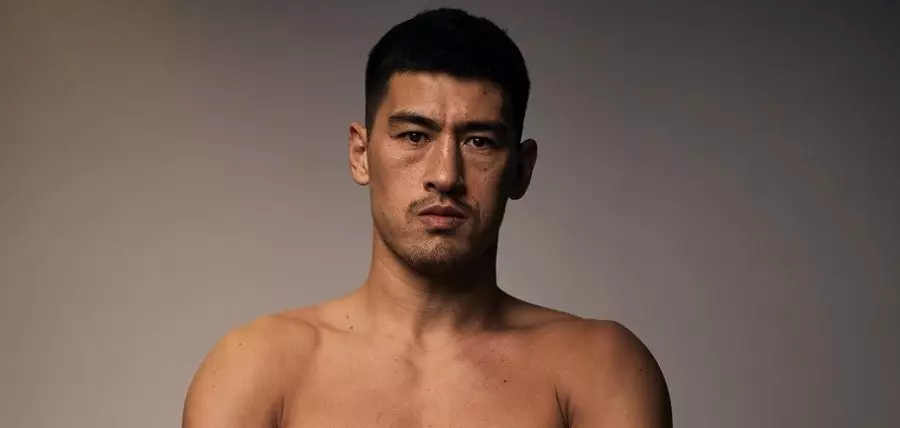The recent clash between Dmitry Bivol and Artur Beterbiev marked a pivotal moment in the boxing world, as two undefeated light heavyweight champions went head-to-head in a contest that resonated throughout the sport. Taking place in the Kingdom Arena in Riyadh, Saudi Arabia, this bout was designed to answer a pressing question: who truly wears the crown in the light heavyweight division? However, following the conclusion of the match, confusion and contention clouded the verdict, leaving fans and pundits alike wondering who exactly the top fighter is.
Artur Beterbiev claimed victory by majority decision, but this outcome did not come without its share of dispute. The fight had been exceedingly close and, in the eyes of many observers, could have easily swung in favor of Bivol. Those who argue for Bivol’s deserving title have a compelling case; his technical prowess and strategy often left spectators enthralled. Yet, Beterbiev’s reputation as a power puncher made him a formidable opponent, as he managed to assert his will during crucial moments in the bout. This dichotomy begs the question: what factors ultimately influenced the judges‘ scoring? Was it merely the more visible, aggressive approach of Beterbiev, or did they factor in Bivol’s strategic boxing?
The debate surrounding what constitutes effective scoring in boxing not only complicates this particular fight’s outcome but also highlights ongoing issues within the judging system itself. Boxing remains an inherently subjective sport, where interpretations of ‚winning‘ can widely differ based on personal biases. Given the varied opinions surrounding legendary matchups such as Hagler-Leonard, it seems this fight could add another chapter to the annals of close-call decisions.
Throughout the match, Bivol and Beterbiev showcased contrasting styles—Bivol, with his tactical boxing approach, versus Beterbiev’s aggressive, powerful pursuit. In many ways, the fight can be likened to a high-stakes chess match, where every movement is calculated, and the outcome uncertain. Bivol arguably showed more finesse during portions of the bout, honing in on his strategy to outmaneuver Beterbiev. However, as the rounds progressed, Beterbiev’s relentless pressure began to take its toll. Observers noted that Bivol appeared to be wearing down, which further complicated matters with respect to public perception of who the victor should be.
The implications of this fight extend beyond just the two competitors. Fans had anticipated a matchup that would either end dramatically with Beterbiev stopping Bivol or see Bivol outclassing his opponent over twelve rounds. However, what transpired was a nuanced encounter that resisted being neatly categorized. Critics have since reflected on the unpredictable nature of the fight, where expectations did not align with the reality of the bout. This evolution reinforces the notion that boxing is as much about tactics and psychology as it is about raw power and aggression.
The aftermath of this matchup raises questions that linger in the minds of boxing enthusiasts. Will there be a rematch to settle the ambiguity surrounding the decision? Given the fight’s closely contested nature and the lack of a definitive winner, it seems almost inevitable that the two will meet again within the squared circle. However, one must consider whether a second encounter would yield a substantially different result. Both fighters demonstrated commitment to their styles, but ultimately it may be a strategic evolution in their approach that could redefine the outcome.
Fans and analysts are left grappling with this reality, as the initial excitement of the fight tempered by the unexpected outcome leaves them challenged in their perceptions. In boxing, where narratives are often black and white, the Bivol-Beterbiev bout serves as a stark reminder of the gray areas that exist within the sport—a testament to the unpredictability that keeps fans coming back for more. Whether the next chapter in this narrative results in clarity or further controversy remains uncertain, yet it undoubtedly fuels the enduring allure of boxing itself.


Napsat komentář